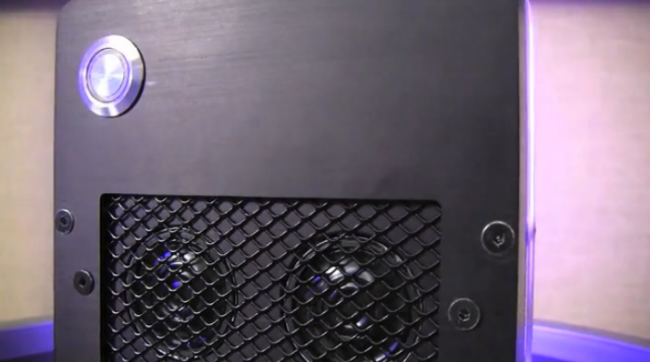
Bus-sized satellites require massive engines for even the slightest movements, but as far smaller structures become a possibility, a tiny driving mechanism can offer usable thrust. To serve this next-gen tech, MIT saw a need to develop “microthrusters,” which are each the size of a penny and can be mounted to tiny cubed satellites. With thruster components measuring a few microns each, the magnetic levitation system is able to accommodate 500 microscopic tips that emit ion beams in a very small package, serving to push two-pound structures through space. The tiny devices have not made their way into orbit yet, but they have been tested in a vacuum chamber. Because of their size, it’s possible to add several to each satellite, then enabling sophisticated movements for more precise turns.
There are currently two dozen “CubeSats” in orbit, each measuring only slightly larger than a Rubik’s cube, but without any thrusters to power them, positioning can’t be adjusted once they’re released. Because of their current location, CubeSats eventually burn up in the atmosphere, but once they’re released farther from Earth, they won’t be able to enter the atmosphere on their own, remaining in orbit as “space junk” even after completing their missions — micro thrusters could also serve to move these satellites closer to the planet so they can burn up during re-entry. There’s no word on when, or even if, MIT’s invention will make its way to the launchpad, but you can take a closer look in the demo video after the break.
from Engadget








